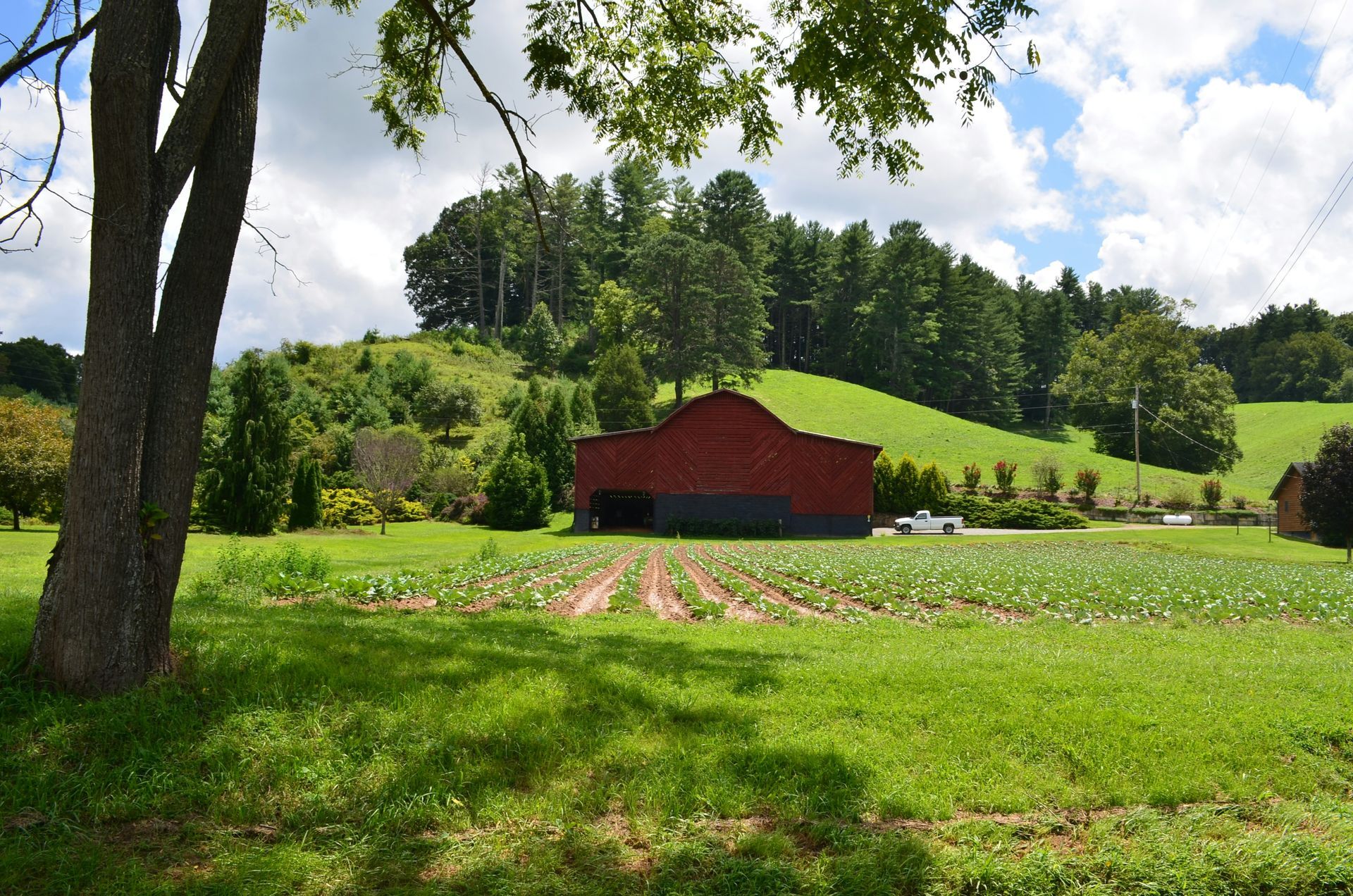Nursery & Specialty Crop Policies
Coverage for Unique Operations
Built for nontraditional & specialty farms
Not every farm grows row crops — and not every insurance policy fits the needs of specialty growers. Whether you’re raising strawberries, blueberries, nursery plants, or vegetables for market, specialty crop coverage may be available. These policies account for how your crops are sold, how they’re grown, and what risks affect them most. Our team helps you navigate eligibility and find the plan that matches your operation.


What Specialty Policies Cover
Flexible options for specialty growers
Coverage varies depending on the crop and location, but these policies are designed to reflect real risks for high-value produce and nursery operations.
Weather Losses
Protection from frost, drought, wind, and other weather events that impact sensitive crops.
Blueberries & Strawberries
Coverage may be available for berry growers in select NC counties.
Nursery Inventory Insurance
For greenhouse and nursery growers, this insures inventory value against covered damage.
Market Crops & Direct Sales
Some specialty plans account for fresh market sales and seasonal delivery schedules.
County-Based Eligibility
Coverage depends on where you grow — we check your county and crop type for options.
What crops qualify as “specialty” under crop insurance?
Specialty crops include fruits, vegetables, nuts, nursery plants, flowers, and certain organic products. In our region, that often means strawberries, blueberries, tomatoes, squash, and ornamental plants. Not every crop is eligible in every county, so we always start by checking your location. If coverage isn’t available through a standalone policy, Whole-Farm Revenue Protection might be another option.
What’s the difference between nursery insurance and standard crop policies?
Nursery policies cover the inventory value of plants and trees grown in containers or under protected structures. It’s designed for greenhouse or nursery operations with organized stock. Unlike row crop insurance, it’s based on appraised inventory, not acreage or yield. Coverage amounts are set by what you report and update each year.
Can I get insurance if I sell directly at a farmers market?
Possibly — if your crop has a specific policy, that coverage may still apply even if you sell it locally or directly. For more diverse farms or those without individual crop policies, Whole-Farm Revenue Protection (WFRP) may be a better fit. That plan covers your total expected income, including CSA shares, farm stands, or produce boxes. We’ll help determine the best approach based on how and where you sell.
Are berry crops insurable in North Carolina?
Yes, in certain counties. Blueberry and strawberry insurance is available where those crops are considered common and have a reporting history. The policy availability may depend on your county and acreage. If a direct policy isn’t available, WFRP may provide backup coverage.
What kind of records do I need to qualify for specialty crop insurance?
For most plans, you’ll need planting and production records, sales receipts, and in some cases, inventory logs. Nursery policies may require a plant inventory report or detailed stock list. We help guide you through what’s required and how to stay organized from year to year. Keeping accurate records gives you more flexibility and better coverage.
